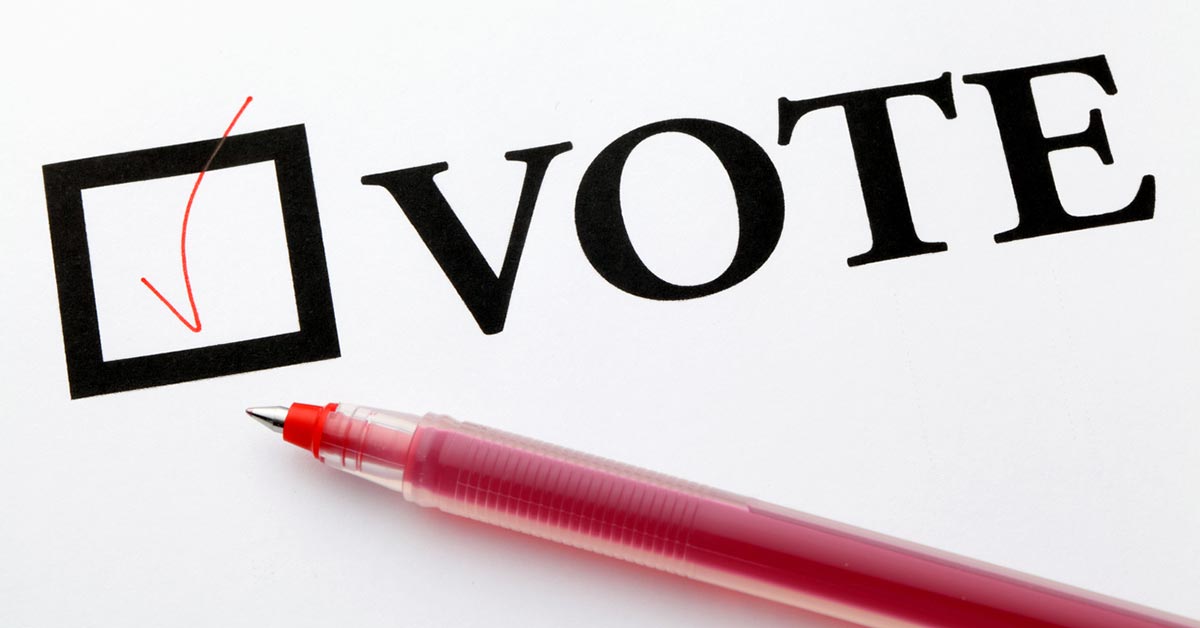Early voting is set to start in Texas next week, and you’re obviously aware of the election by now. Even with a global pandemic that’s transformed our lives, the first Tuesday in November has been on many people’s radars for months now. While Texans are familiar with the Presidential race, the race for Senate, and Congressional races, they might not be aware that four Texas Supreme Court races are underway.
In Texas, the state’s Supreme Court positions are determined by election, and the candidates affiliate by party. The races are important, because the Texas Supreme Court rules on a great number of matters, including some that impact the Texas Family Code. Though you might be accustomed to voting by party affiliation, you can’t necessarily know everything about how an individual judge might rule by the D, R, or L next to his or her name.
If you’re voting in Bexar County, you’ll see the judges listed as so on your ballot:
CHIEF JUSTICE, SUPREME COURT
NATHAN HECHT – REPUBLICAN
AMY CLARK MEACHUM – DEMOCRATIC
MARK ASH – LIBERTARIAN
JUSTICE, SUPREME COURT, PLACE 6 – UNEXPIRED TERM
JANE BLAND – REPUBLICAN
KATHY CHENG – DEMOCRATIC
JUSTICE, SUPREME COURT, PLACE 7
JEFF BOYD – REPUBLICAN
STACI WILLIAMS – DEMOCRATIC
WILLIAM BRYAN STRANGE III – LIBERTARIAN
JUSTICE, SUPREME COURT, PLACE 8
BRETT BUSBY – REPUBLICAN
GISELA D. TRIANA – DEMOCRATIC
TOM OXFORD – LIBERTARIAN
A recent KUT Radio article on the Texas Supreme Court races, pointedly titled, “Hey Voter, The Texas Supreme Court Has Seats To Fill Too,” noted:
If you want to know how judicial candidates will rule in specific cases, too bad. Judicial ethics rules prevent them from saying so, and public comments on a case can be used by attorneys to argue a certain judge should be removed.
Judicial campaigns, consequently, often revolve around experience, party affiliation and a more general judicial “approach.”
If you’re looking for information on the candidates, the excellent League of Women Voters of Texas issues a nonpartisan voters’ guide that provides valuable information. They ask the same questions of the candidates and share the responses in the guide. It’s worth reviewing the whole guide before you go vote, especially for those races you’re unfamiliar with. While the questions to the judicial candidates stay pretty general, their answers will give you a sense of how they reason and where their values lie.
No matter how you’re voting this year, you should have a plan to vote and vote safely. If you’re planning to vote by mail and meet the requirements to do so in Texas, you need to apply to get your ballot. If you’re voting early or on Election Day, you should know which polling place you’re going to, have your voter card or ID ready when you do vote, and you obviously want to take the necessary protections to protect yourself (and others) from coronavirus. It’s going to be a historic election you want to take part in.

